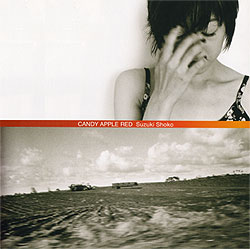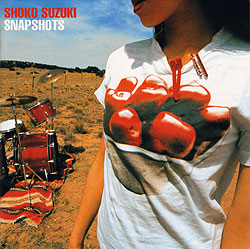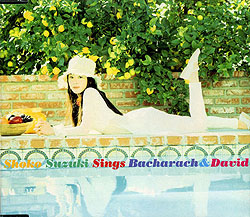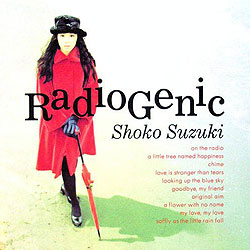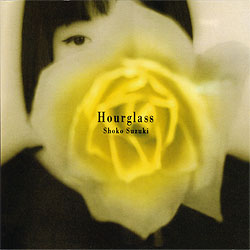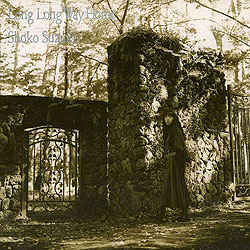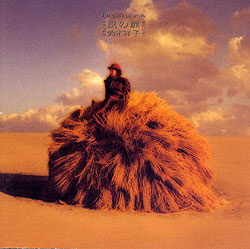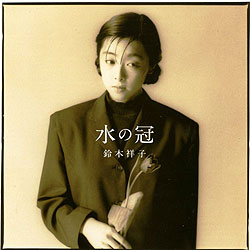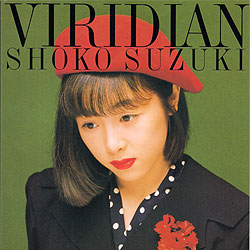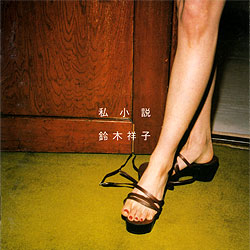
SHO-CO-REVIEW 10: Shishousetsu
Shishousetsu, released August 26, 1998, was Shoko Suzuki’s first album under her record contract with Warner Music Japan, with whom she signed after leaving Epic/Sony Records in 1997. Like her previous two albums there is an appreciable rock and roll influence; however, this is balanced with orchestrated pop, ballads and even a country number, making for a fairly diverse album (and more-or-less setting the pattern for many of Shoko’s future releases, which all tend to have a fair bit of diversity to them).
